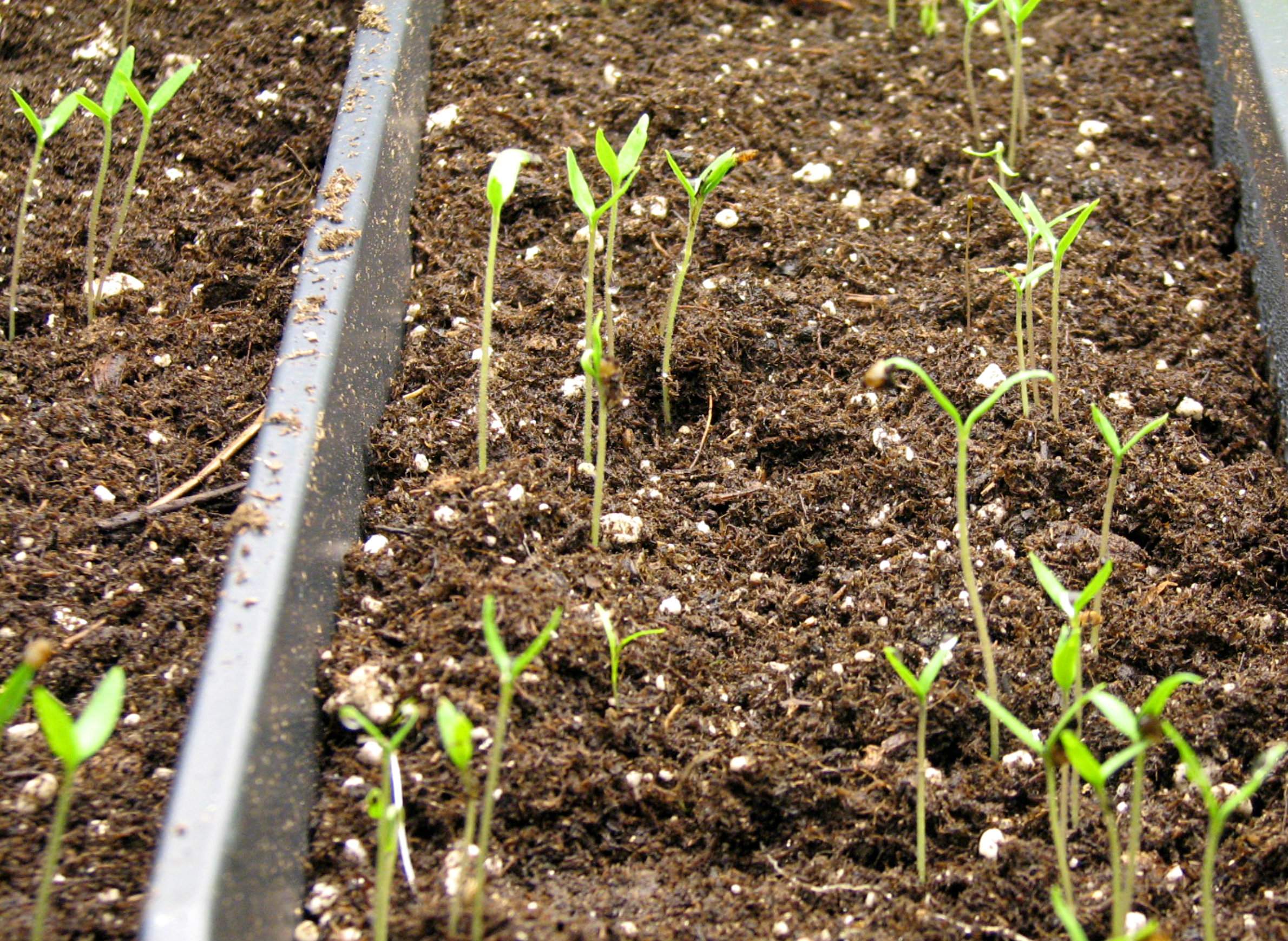
January plants in the garden may include annuals, perennials, herbs, and vegetables. This cool season is a good time to add roquette sweet peas, roquette and statice. Vegetables such as spinach and collards can be planted a few weeks before the last frost. Plant edibles such as globe artichokes or Swiss chard Bright lights can also be grown. Purple and green oak-leaf lettuce are great for adding colour to summer flowering plants.
As we enter a new year, it is customary to wish everyone a happy new year. But, winter can cause damage in many gardens and wildlife needs food. You should not cut certain areas of your gardens until the spring, though you can prune plants such wisterias and rhododendrons just above their buds. This will keep their flowers and leaves looking great for many months.

Planting seeds now is a great way to attract wildlife into your garden. It is easy to get started with bird feeders. But you might also be interested in investing in a bug lodge. These are a great option to attract more wildlife and birds. This season is a great time to plant trees. You should plan in advance for these projects. In addition to your wish list, January is the ideal time to plant some trees and shrubs.
Even though the weather isn’t ideal for gardening you can still take advantage of the cooler, drier days and plan ahead. To avoid spending too much time in the yard, mulch and protect the soil surrounding your plants. Remember to prune deciduous trees before they leaf out. You should remove any diseased or dead branches, but not too much fruiting timber. Dormant season oils can also be used to protect from peach leaf curl or overwintering pests eggs.
You can plant in January even if you live in Zone 6. It's possible because the weather isn't too cold yet to start planting. If temperatures get warmer, seedlings can be transplanted. Just be sure to cover them with row covers if you are planting seeds outside. Additionally to the seeds you can direct-sow herbs (geranium and coleus) or plant them early in the months.

Bare-root is also possible for plants that are winter dormant. Some of these include roses, deciduous trees, and wisteria. If you're unsure how to plant artichokes correctly, you can even plant them as bare-root. You should make sure that they are well soaked as they won't keep long if they become weak. This way, you can plant them right away.
FAQ
How often should I water indoor plants?
Indoor plants need watering once every two days. The humidity inside your house can be maintained by watering. Humidity is crucial for healthy plants.
Can I grow fruit trees in pots?
Yes! If space is limited, you can grow fruit trees in pots. Make sure your pot is drained to prevent the tree from getting rotted by excess moisture. The pot should be deep enough to hold the rootball. This will protect the tree from being stressed.
What kind of lighting works best for growing plants indoors?
Because they emit less heat that incandescents, floriescent lights are a good choice for growing indoor plants. They provide steady lighting without dimming or flickering. There are two types of fluorescent bulbs: regular and compact fluorescent (CFL). CFLs require 75% less energy than traditional bulbs.
Do I need any special equipment?
It's not true. All you need to do is use a shovel, trowels, watering containers, and maybe even a rake.
Statistics
- Today, 80 percent of all corn grown in North America is from GMO seed that is planted and sprayed with Roundup. - parkseed.com
- 80% of residents spent a lifetime as large-scale farmers (or working on farms) using many chemicals believed to be cancerous today. (acountrygirlslife.com)
- Most tomatoes and peppers will take 6-8 weeks to reach transplant size so plan according to your climate! - ufseeds.com
- According to a survey from the National Gardening Association, upward of 18 million novice gardeners have picked up a shovel since 2020. (wsj.com)
External Links
How To
How do I keep weeds out of my vegetable garden?
Growing vegetables that are healthy is not possible due to weeds. They compete for water, nutrients, sunlight, and space. These tips can help prevent them taking over your garden.
-
Take out all flowering plants
-
Remove any plant debris around the base of the plant
-
Mulch is a good choice
-
Get water regularly
-
Rotate crops
-
Do not let the grass get too long
-
Keep soil moist
-
Plant early
-
Harvest often
-
Mix compost
-
Avoid chemical pesticides
-
Organic vegetables are best
-
Heirloom seeds available
-
Start small
-
Learn more about companion planting
-
Be patient
-
Enjoy gardening!